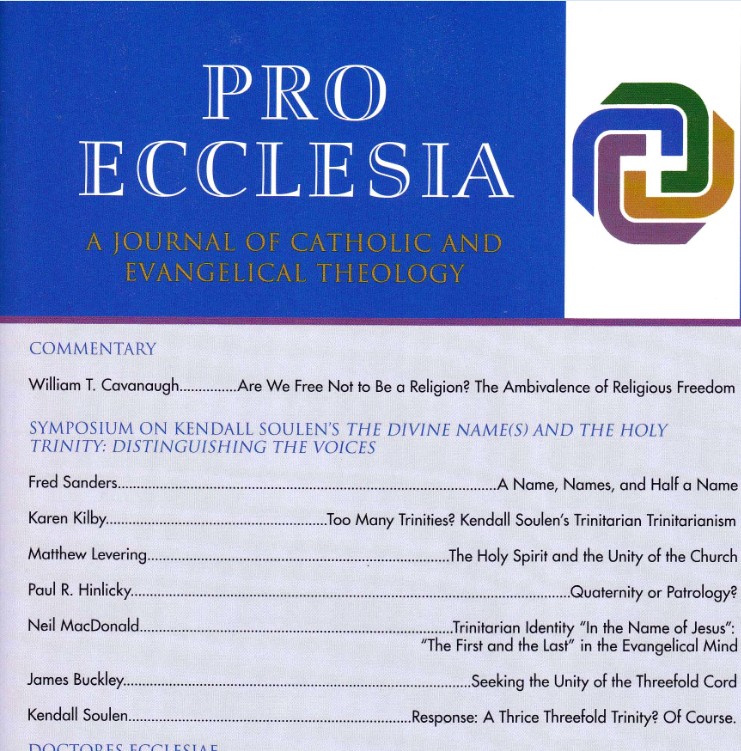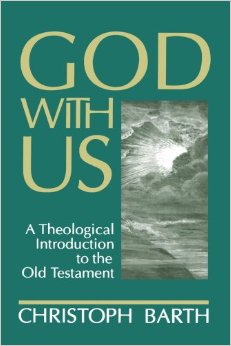From the Dictionary of Christian Spirituality (pages 740-741), here is my attempt to describe the second coming from the point of view of spirituality, in 400 words. For New Year’s Day.
When Christ ascended into the clouds to take his seat at the right hand of the Father, the angels of the ascension said, “This Jesus, who has been taken up from you into heaven, will come in just the same way as you have watched him go into heaven” (Acts 1:11). The earliest Christian creeds enshrine this expectation, confessing that Christ shall “come again” from the Father’s right hand “to judge the living and the dead.” It will trigger a cluster of end-time developments that are foundational to Christian hope.
The positive significance of the second coming for spirituality is classically stated in the Heidelberg Catechism’s answer to the question, “What comfort is there” in this doctrine: “That in all my sorrows and persecutions, with uplifted head I look for the very same person, who before offered himself for my sake, to the tribunal of God, and has removed all curse from me, to come as judge from heaven: who shall cast all his and my enemies into everlasting condemnation, but shall translate me with all his chosen ones to himself, into heavenly joys and glory.”
The Christian life, no matter what affliction it is marked by, takes place under the sign of confident expectation in a future encounter with the very person of the Savior. This encounter is not a beatific vision after death, but an event in future history; not an element of personal eschatology, but of cosmic. At his return, Christ will administer the judgment which has already been decided in his earthly ministry, in his self-offering, advocacy of the believer’s case, and his bearing of the curse. His coming as judge will also accomplish the final, righteous condemnation of all that is evil, resolving by action the problem of theodicy. And the return of Christ brings all the promises and plans of God to consummation, including the fulfillment of all longings for holiness, and the final goal of progress in sanctification. The expectation of such a decisive conclusion to history also infuses Christian endeavor with urgency and significance. The uplifted head, the characteristic posture of expectant believers, includes not only the eager watchfulness enjoined by Jesus, but also a participation in the “groaning” of “the whole creation” as it awaits the redemption of the body (Rom. 8:20-23). It also entails close attention to the conduct of life in the meantime, because the expectation of the second coming casts all of Christian existence in terms of “the meantime.”










